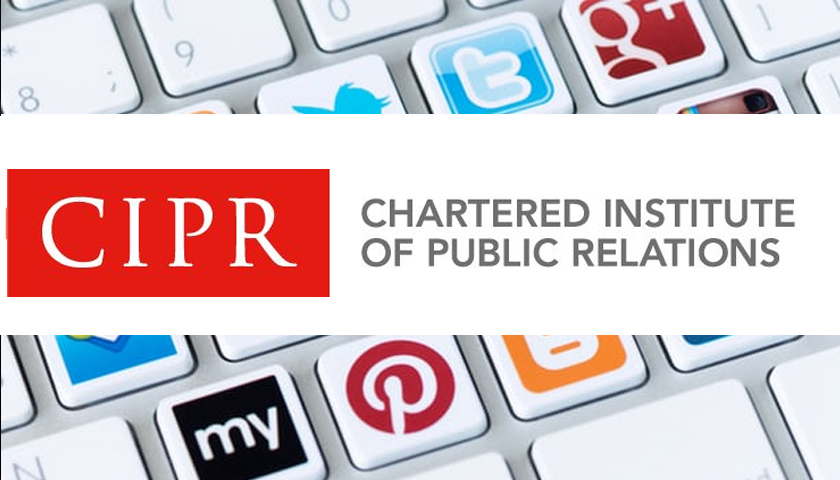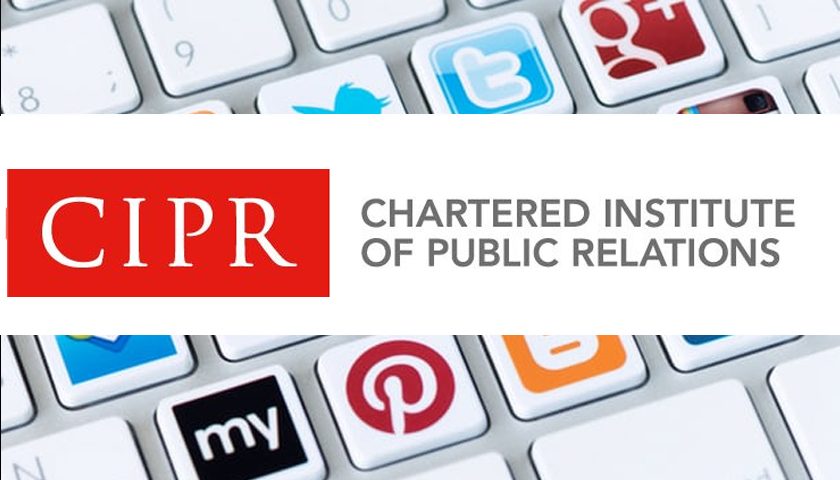The ethics of technology are a genuine public concern, according to a report by Ipsos MORI – ‘Trust TheTruth’.
The research, which reveals the public’s view on technology and automation, shows scientists are the most trusted professionals in the world (60% trustworthiness) followed by doctors (56%) and teachers (52%).
Whilst the public are generally positive about the prospect of technology and automation improving lives (76%), there is concern that technological progress is “destroying lives” (50%). The report recommends considering “the ethics of using these technologies”.
The report concludes that “trust does not appear to be in terminal decline but is often lower than half a century ago”. This is particularly true of business, with trust more stable over the last 20 years and not “in constant freefall around the world as some people may assume”.
Politicians are globally considered the most untrustworthy professionals. Two-thirds of the public consider politicians to be untrustworthy (67%) and more than half say the same about Government Ministers (57%).
This report should act as a call to action for the public relations profession. The public are anxious about the profound changes that will be driven by automation and AI. As this increases, there will be a public demand for human expertise to have a role in protecting the consumer.
Trust and reputation are fragile. Encouragingly, and contrary to popular narrative, the conclusion in this report is that we are not experiencing a crisis of trust – rather, trends show trustworthiness in professions and institutions evolves. Public relations professionals, as strategic experts with a moral compass, have a greater role to play at this time of increased scrutiny to strengthen, build and rebuild trust.
CIPR President, Emma Leech Found.Chart.PR FCIPR


